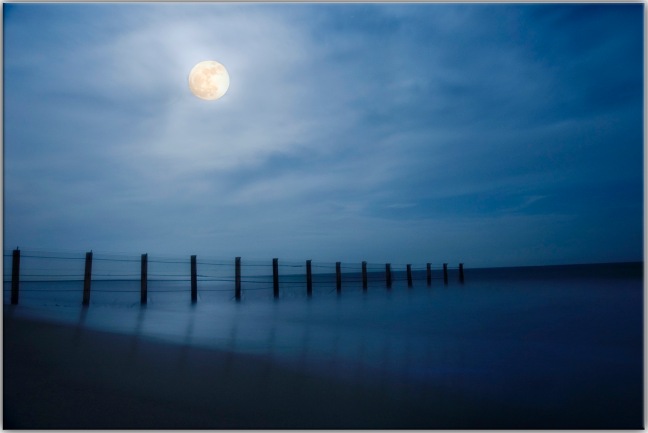On cultivating wonderment
I am lucky enough to be the parent who gets to drive my 4-year-old son to preschool every morning. When we’ve successfully put him down at a decent hour the night before, he can be quite alert on our morning drives to school and he can be rather talkative. Which I love. Sometimes he tells me about what he’s built with his Legos. Other times he asks when the next time will be that he can borrow my cell phone to play Minion Rush. All the time it’s with that heartwarming 4-year-old accent of his, mixed in with voweled diphthongs that lengthen even the shortest words. That’s my boy. 🙂
Moonshots
One morning, after a full moon, the moon was clearly visible in the morning sky. I pointed it out to him. As we continued to drive, he noticed that the moon appeared to “follow” us — it basically stayed in the same spot in the sky as we drove along. “Dad, the moon’s following me…. Dad, does the moon like me?” My son clearly thought that the moon was following him and that therefore it only made sense that the moon liked him. At that moment I had a decision to make, I could explain to my son that the moon really wasn’t following us at all it just appears that way because the moon is 238,900 miles away and that at that distance, the angle between where we are and the moon would change so negligibly that it would only appear that the moon was following us; or I could lie, agree with him, and not shatter this adorable sense of self-Ptolemaic importance, somewhat like Calvin’s dad in these Calvin and Hobbes Comics.
Encourage hypothesis before telling how it is
I wonder if in our efforts to parent or to teach we resort too quickly to an explanation of “how it is.”
I wonder if we should be encouraging more hypothesis and exploration on how it could be, letting them think it over in an environment where even the craziest, most illogical hypothesis wouldn’t be ridiculed, prior to presenting the voice of the experts. I took piano lessons for 10 years throughout elementary and high school, and I learned to play the music on the page. But I never learned how to create my own music or how to improvise without notes on the page, and I wonder if with encouragement to explore the notes without a written expert opinion on a sheet of music, I might have been introduced to a world where my piano played not only the music that others had created and written down, but my own music that wasn’t yet written down.
On Wonder
I love this quote by Author Sieglinde de Francesca:
“The child experiences the world through wonderment with amazement, awe & curiosity. It is amazement that captivates the child, awe that opens the child, & curiosity that draws the child further into an ever fascinating world. Wonderment is the first step to learning. Wonder-filled education inspires creative thinking, engages the heart & enlivens the spirit.”
Or this one by poet and essayist Diane Ackerman:
“Wonder is the heaviest element on the periodic table. Even a tiny fleck of it stops time.”
Wonder and curiousity are opposites of apathy and depression. Cultivate wonder and curiousity and you’ll chase away apathy and depression.
My Answer
And so as time was stopped as my son wondered at the moon following us, I did my best to respond in a truthful way that wouldn’t shatter his sense of wonder: “The moon is SO far away that it looks like it is following us…. And, yes, the moon does like you. Daddy loves you, too.”
Be a kid. Believe in wonder. Cultivate awe. Take time to bask in moments of wonderment. Life is short, smell the roses, and every once in a while, even if just for a magical moment, believe that the moon shines and follows you around just because it likes you.
Resonate & Align
If this resonates or aligns with you, please subscribe to my blog and share this with your friends who might share this same resonation and alignment. Best! Justin.


